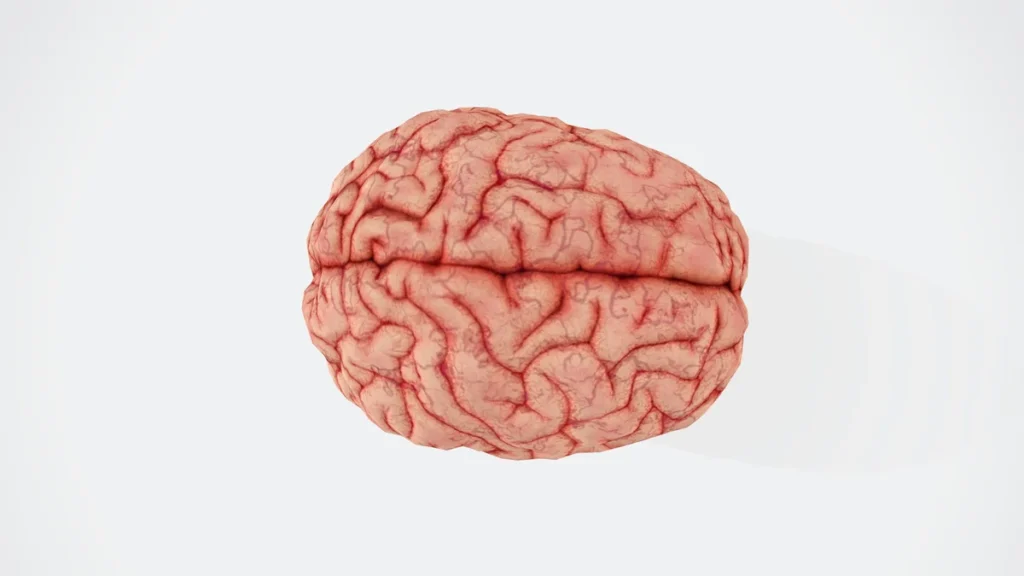Our understanding of ADHD has grown leaps and bounds in the past few decades. From its formal recognition in the 1960s to the widespread diagnoses of the 1990s, the journey has been both groundbreaking and challenging. Today, treatment is more personalized, and options have diversified significantly. Yet, there’s still so much more to uncover about the complexities of this condition.
A long-term study, recently published in the Journal of Clinical Psychiatry, has provided a fresh perspective on how ADHD symptoms evolve over time. Researchers followed 483 participants, all diagnosed with ADHD in childhood, for 16 years to analyze how symptoms fluctuate. What they found was surprising, challenging previously held assumptions about how environmental factors influence ADHD.
The Study That Defied Expectations
The research was led by Margaret H. Sibley, a clinical psychologist and professor. She and her team expected to find that increased life demands—such as more work responsibilities, heavier school workloads, or major life changes—would exacerbate ADHD symptoms. Surprisingly, the study showed the opposite.
“We expected the relationship between environmental demands and ADHD symptoms to be the opposite of what we found,” Sibley stated. “We hypothesized that when life demands and responsibilities increased, this might exacerbate people’s ADHD, making it more severe. In fact, it was the opposite. The higher the demands and responsibilities one was experiencing, the milder their ADHD.”
Participants reported fluctuating symptoms over the years, with many experiencing a noticeable reduction in symptoms during busier periods. This discovery has sparked discussions among experts about why this might be happening and what it could mean for ADHD management strategies.

Why Do Symptoms Ease When Life Gets Hectic?
At first glance, it might seem counterintuitive. Wouldn’t juggling more responsibilities worsen inattention and hyperactivity? But as Sibley and her team explored, the reality might be tied to how people with ADHD function in dynamic environments.
For many individuals with ADHD, periods of low stimulation can amplify symptoms. Quiet or idle moments might lead to racing thoughts, impulsive behavior, or heightened inattention. In contrast, busier environments provide structure and immediate consequences, which may help individuals focus.
Sibley explained:
“This might mean that people with ADHD perform their best in more demanding environments (perhaps environments that have stronger immediate consequences, like needing to put food on the table for a family or pay rent monthly). It also might mean that people with ADHD take more on their plate when their symptoms are relatively at bay.”
Implications for ADHD Management
While the study doesn’t claim that busier lifestyles cause a reduction in ADHD symptoms, the strong correlation opens the door for new approaches to managing the condition.
The study’s findings are especially hopeful for those newly diagnosed with ADHD. Sibley emphasized that understanding the ebb and flow of symptoms can help patients better navigate their condition:
“If you’re a doctor talking with a patient who is first getting diagnosed with ADHD, it’s a huge help for that person to hear the message that, ‘You’re going to have good years and not-so-good years, but things can go really well for you if you can get the right factors in place.’”
This nuanced perspective encourages individuals to recognize patterns in their symptoms and explore strategies tailored to their unique needs.

The Bigger Picture: A Hopeful Future
ADHD is a lifelong condition, but research like this study helps paint a clearer picture of how symptoms evolve. It highlights the importance of understanding personal triggers and finding environments where ADHD can be an advantage rather than a hindrance.
While the findings require further study to confirm causation, they add to the growing body of knowledge that’s reshaping how we think about ADHD. As we continue to learn, one thing becomes clear: ADHD isn’t a one-size-fits-all condition, and the road to managing it is full of possibilities.
If you or someone you love is navigating ADHD, remember that knowledge is power. Stay informed about emerging research, work with medical professionals to find the right treatment, and don’t shy away from exploring new strategies to thrive. Together, we’re moving closer to a future where ADHD is understood and embraced for all its complexities.
Read more: Who Was Leo Ryan, The California Congressman Assassinated By Jim Jones’ Followers?

